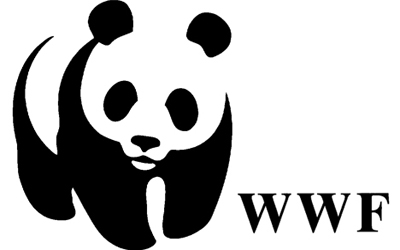Adepte d'une philosophie basée sur le dialogue et le respect de l'autre, le WWF oeuvre quotidiennement pour que dans un avenir proche, le développement humain puisse se faire en harmonie avec la nature.
Members:
Resources
Displaying 11 - 15 of 61Mindsets for sustainability – let’s start with feed!
Nowadays it is hard to imagine European livestock production without soya-based feed. But this trend has had a massive impact on rural areas in the global South – the bulk of the soya fed to livestock in Europe is imported from Argentina and Brazil. That is not sustainable, says WWF’s Birgit Wilhelm, who advocates a change in mindset.
Dawna Tenasserim Landscape (WWF leaflet)
...The forests of the Dawna Tenasserim are under pressure from deforestation due to
agricultural expansion and logging, forest fragmentation, subsistence poaching, commercial
poaching for the illegal wildlife trade, unsustainable harvesting of non-timber forest products
and wild meat, and major infrastructure development such as roads, pipelines and dams...WWF is conserving the Dawna Tenasserim Landscape
as an intact ecosystem with protected and connected
habitats for wildlife, and safeguarding its valuable
Assessment of environmental flows for the Upper Ganga Basin.
Assessment of environmental flows for the Upper Ganga Basin.
Ecosystem integrity as well as the goods and services offered by the rivers in India are getting adversely affected by changes in quantity quality and flow regimes. Growing water abstractions for agriculture domestic industrial and energy use are leaving many rivers running dry while others are becoming severely polluted. The mighty Ganga is no exception. During its 2,525 km journey from Gangotri to Ganga Sagar there are complex, nested sets of challenges that threaten the very existence of the holy river revered by millions of Indians.
Feu vert pour REDD+
Chaque année, 13 millions d’hectares de forêts sont perdus
dans le monde, ce qui représente la superficie globale de
l’Autriche et de la Suisse réunies. Cette déforestation touche
à raison de 90 pour cent des forêts tropicales. La perte de
forêts a des effets dévastateurs sur le climat et est la source
de 15 % à 20 pour cent des émissions mondiales de gaz à
effet de serre. Si l’on veut maintenir le réchauffement de la
planète en-dessous du seuil critique de 2 °C, les pertes de
forêts et la dégradation doivent être enrayées sans délai. En





